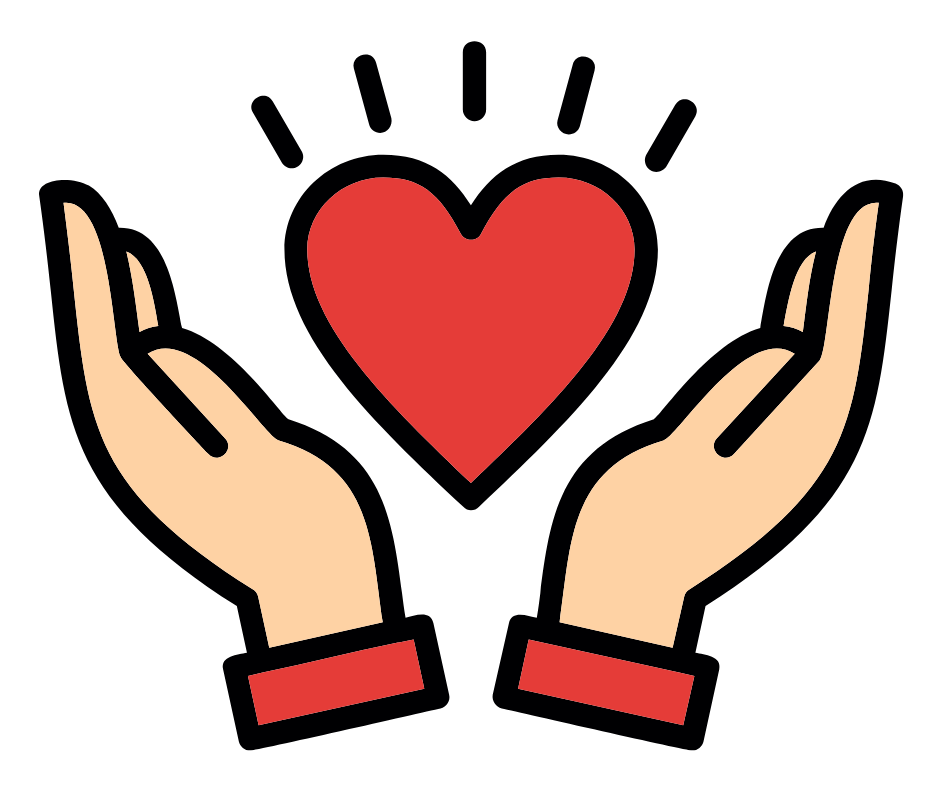Self empathy (sometimes referred to as self compassion) is the ability to validate our own experiences, feelings and perspectives without judgment.

Do you relate?
Many people find this kind of empathy much harder than empathizing with others. For example, if a friend came to you and said they were feeling guilty because their manager needed them to cover more shifts in their restaurant job, but they said no because they needed to save time for studying, you’d likely find it easy to empathize with your friends situation. Of course they’re entitled to respect their own time and say no to optional shifts. But if that was you, you may find it difficult to communicate that need, or do so but feel guilty afterwards.
As you can see from the example above, self empathy is important for boundary setting because it helps us to cultivate a healthy relationship with ourselves. This then allows us to give ourselves permission to set and uphold a boundary with others.

Read: The Self Empathy (5 mins)
Read this article on why self empathy is a precursor to empathizing with others.

Read: Develop Empathy for Others and Compassion for Yourself (10 mins)
Read this article which contains tips for establishing a self compassion practise.

Share and Collaborate:
With a friend, discuss the boundary you are wanting to establish.
Talk through your worries and doubts about doing so and take the role of empathetic listener with each other.

Apply Your Thinking:
Bonus activity:
Find 5 mins a day to establish a self compassion practise with yourself. You might like to choose from the questions in this article or create your own.






